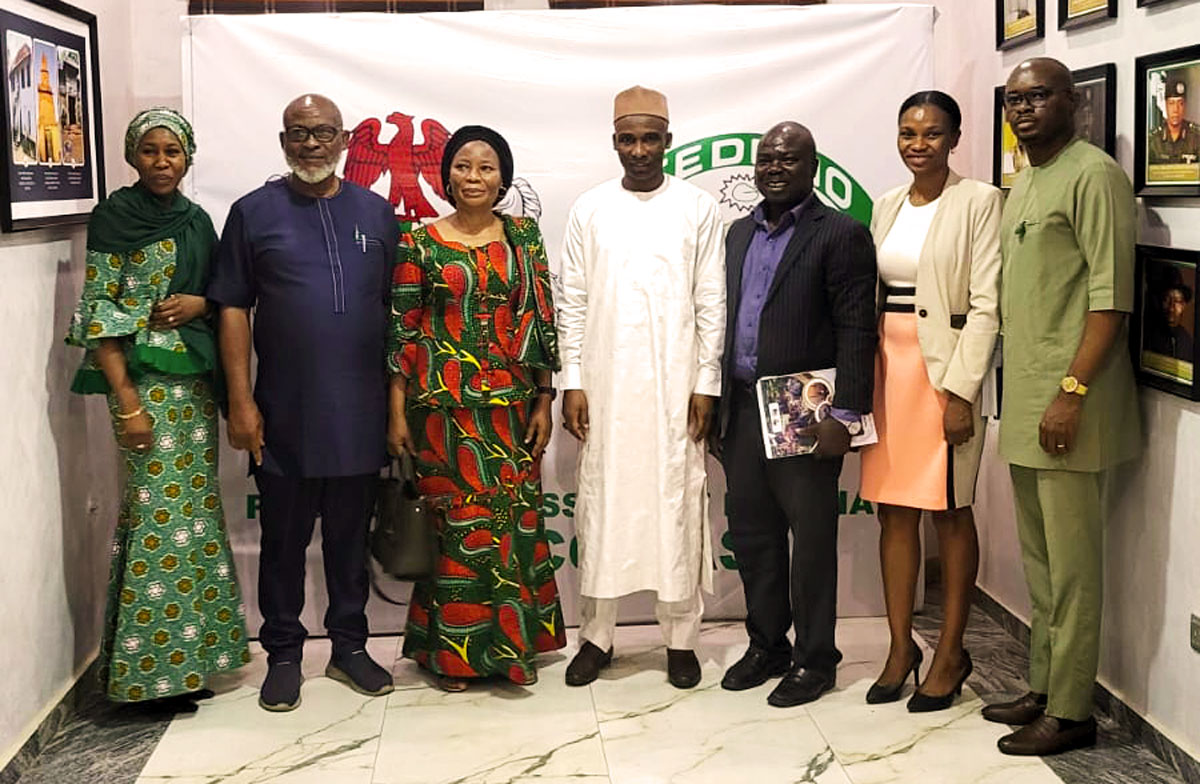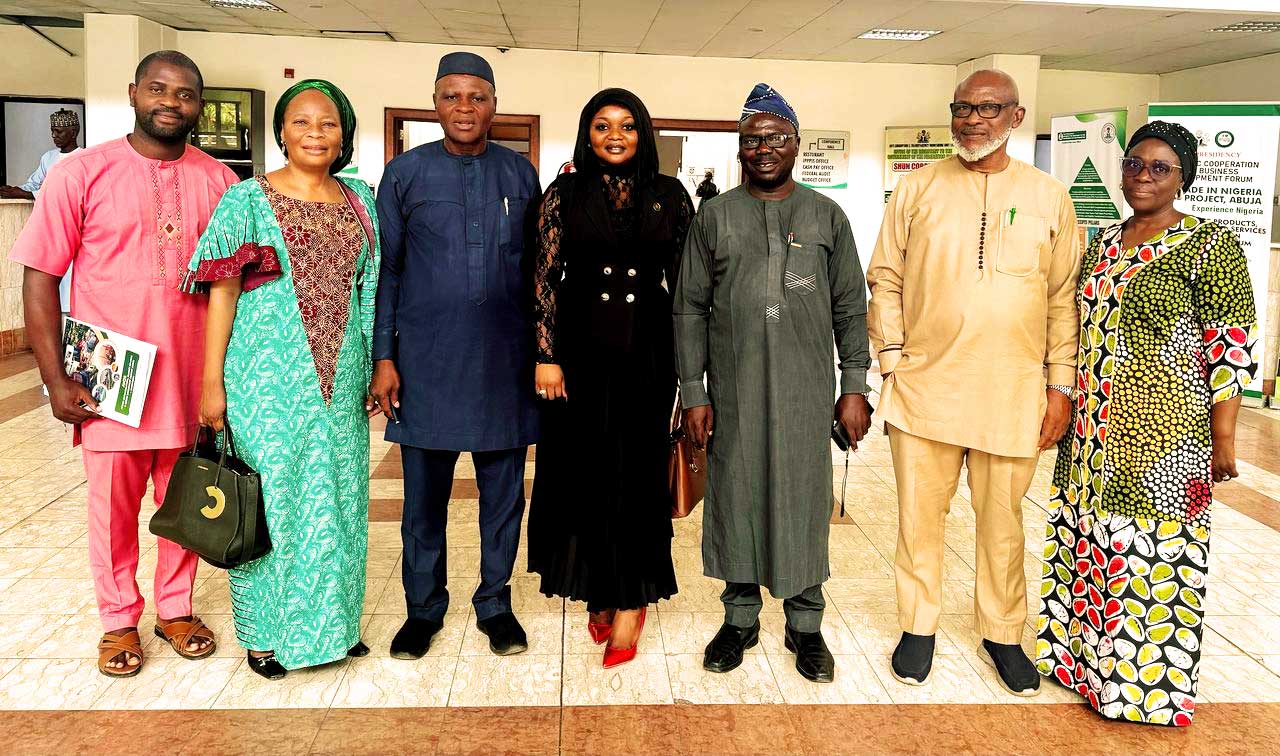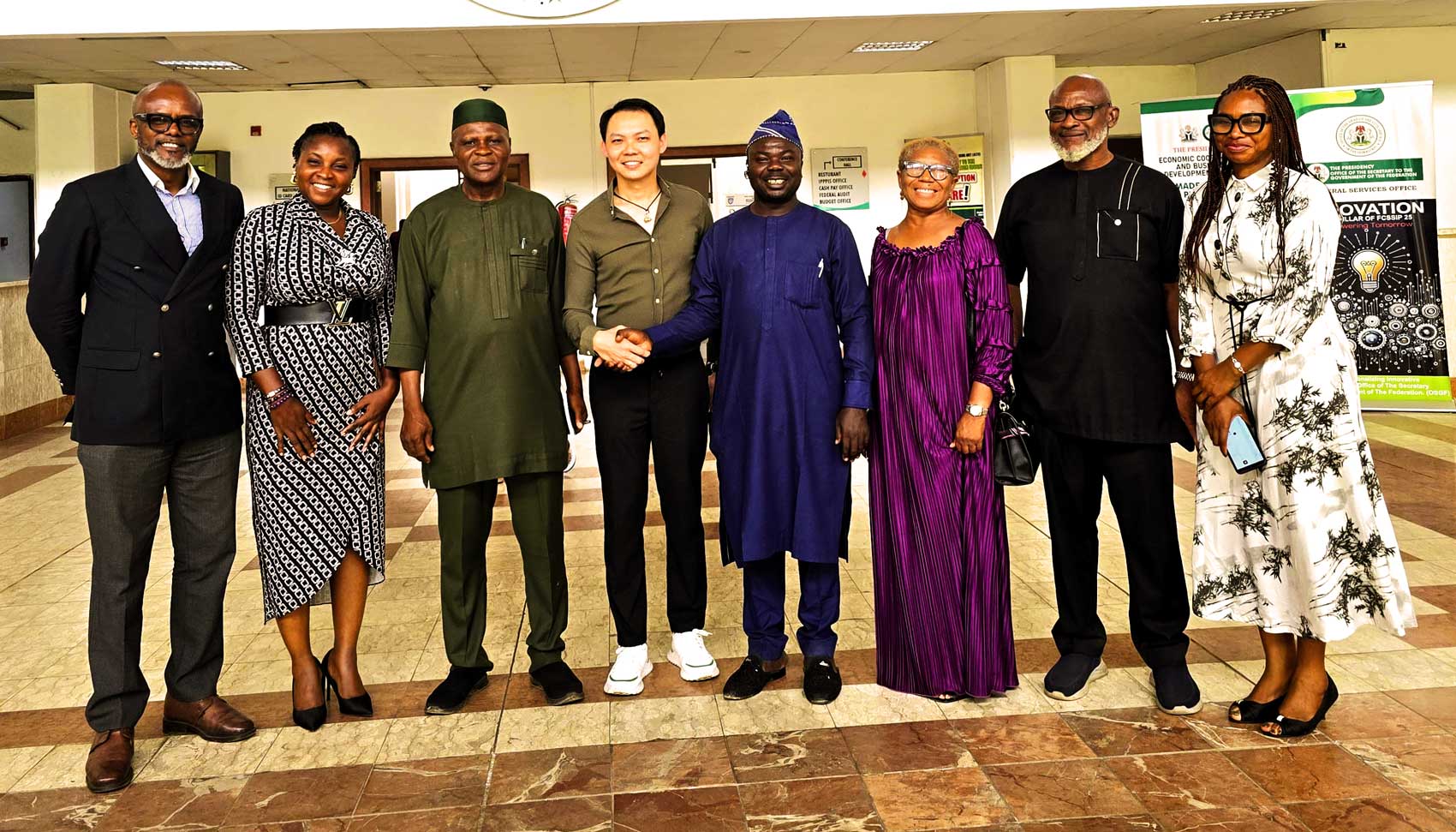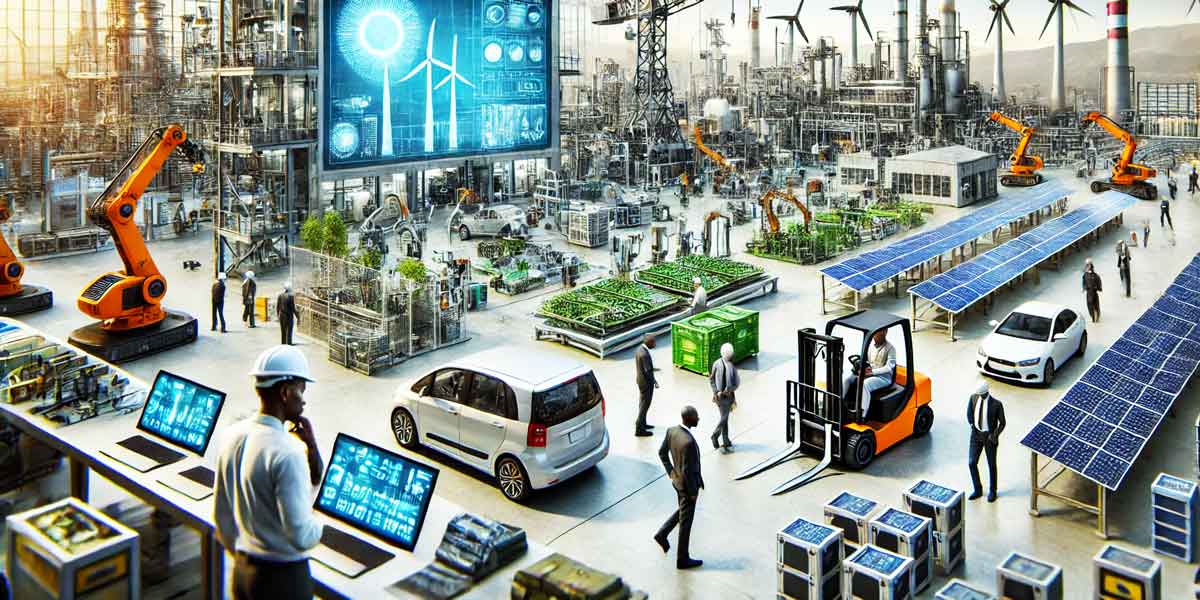Infrastructure development is not merely a steppingstone to economic growth; it is the backbone of climate action and sustainable progress. Africa, as a continent experiencing rapid urbanization alongside the brunt of climate change, faces a dual challenge that demands innovative solutions. Traditional approaches to infrastructure have proven inadequate for addressing modern climate realities. AICIS 2025, Africa’s premier summit on green investment and climate action, provides an unparalleled platform to explore how infrastructure can be reimagined for resilience, sustainability, and growth.
The Infrastructure Challenge
Africa’s infrastructure deficit is a long-standing issue, impeding everything from trade and healthcare delivery to education and economic stability. The numbers paint a grim picture: less than half of the population has access to reliable electricity, and only about 34% of rural roads are paved. This deficit, however, goes beyond economic metrics. Poorly designed and outdated infrastructure has amplified the continent’s vulnerability to climate-induced events such as floods, droughts, and heatwaves.
Case in Point: The Cost of Poor Infrastructure
- Flooding: Roads in cities like Lagos and Accra frequently become impassable during heavy rains due to poor drainage systems.
- Energy Outages: Dependence on fossil fuel-based and centralized energy systems leaves communities vulnerable to outages during extreme weather.
- Urban Heat Islands: The lack of green spaces and the dominance of concrete exacerbate heat stress in densely populated areas.
Rethinking Infrastructure for Climate Resilience
The future of infrastructure in Africa lies in designing systems that are not only functional but also adaptive to environmental changes. Resilience is no longer optional—it is a necessity. Here’s how this can be achieved:
- Climate-Smart Cities
- Cities must integrate renewable energy sources, efficient public transportation networks, and disaster-resilient designs. Examples like Kigali, Rwanda—dubbed one of Africa’s greenest cities—demonstrate how forward-thinking urban planning can create inclusive and eco-friendly spaces.
- Eco-Infrastructure
- Innovations such as green roofs, permeable pavements, urban forests, and wetlands can reduce flooding risks, lower temperatures, and improve biodiversity. These measures also enhance the aesthetic and recreational value of urban areas.
- Digital and Smart Infrastructure
- By embedding Internet of Things (IoT) sensors and AI-driven analytics into infrastructure, cities can predict and respond to environmental stressors like traffic congestion or energy demands in real-time. For instance, Nairobi’s smart traffic management system has significantly reduced emissions and commute times.
- Localized Renewable Energy Systems
- Decentralized solar and wind power solutions are pivotal for remote communities where grid access remains a challenge. These systems are not only sustainable but also cost-effective in the long term.
AICIS 2025: A Platform for Change
AICIS 2025 is set to be a game-changer for Africa’s infrastructure agenda, uniting over 3,000 global and regional stakeholders to drive actionable outcomes. Key highlights include:
Case Studies on Innovative Projects
Delegates will learn from transformative projects across the continent:
- Kenya’s Thika Superhighway: A model for integrating efficient road networks with sustainable urban development.
- Ethiopia’s Grand Renaissance Dam: A bold initiative demonstrating how renewable energy projects can power growth and mitigate climate risks.
Workshops and Panels
Interactive sessions will cover:
- Strategies for integrating renewable energy into national grids.
- Designing urban spaces that withstand floods, heatwaves, and rising sea levels.
- Financing models for public-private partnerships in green infrastructure.
Exhibition and Networking Opportunities
The summit’s 4-day multi-sectoral exhibition will feature over 600 exhibitors showcasing cutting-edge innovations in infrastructure and technology. Attendees will have the chance to forge partnerships with investors, engineers, and policymakers eager to champion Africa’s growth.
Why This Matters
Infrastructure is the bedrock of human development. In Africa, where millions live on the frontlines of climate change, building climate-resilient systems is both a moral obligation and a strategic imperative. Resilient infrastructure enhances connectivity, ensures food and energy security, and protects lives during disasters. By addressing these critical areas, AICIS 2025 aims to transform Africa’s vulnerabilities into opportunities for sustainable growth.
Africa is at a crossroads: the decisions made today will determine the continent’s trajectory for decades to come. Infrastructure development at AICIS 2025 will be a cornerstone of Africa’s climate action, offering a clear roadmap for sustainable urbanization and resilience.
Join us at AICIS 2025, where the future of Africa’s infrastructure will take center stage. Together, we can lay the foundation for a more inclusive, sustainable, and prosperous Africa.
AICIS2025 #SustainableInfrastructure #GreenInvestments #ClimateAction #EcoFriendlyAfrica #SmartCities #RenewableEnergy #InfrastructureInnovation #ClimateResilience #AfricaDevelopment



